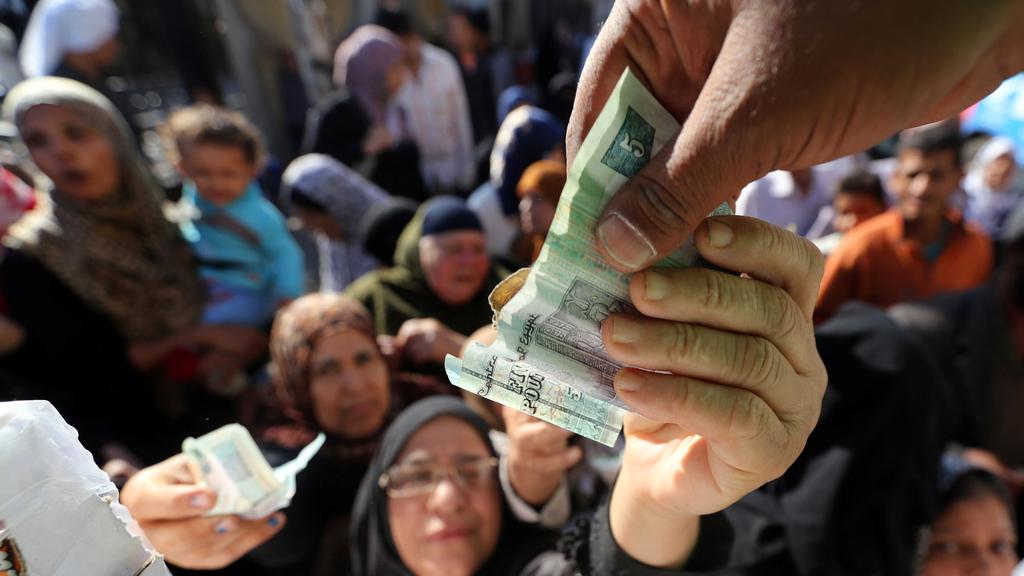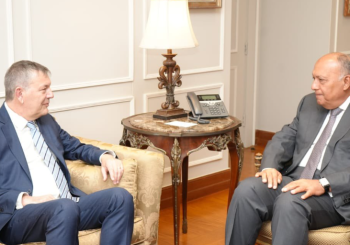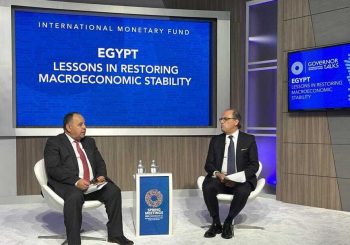Egypt and the International Monetary Fund (IMF) have resolved major policy issues and will meet again on Saturday to finalize the loan – where IMF provides financing to member countries – programme, IMF Managing Director Kristalina Georgieva said.
The two sides are still in the process of determining the Egyptian exchange rate policies, as the IMF previously said in a statement in March that Egypt should pursue continued exchange rate flexibility to absorb external shocks and safeguard financial buffers.
In July, the IMF said that Egypt needed to make “decisive progress” on fiscal and structural reform to foster private sector development and reduce the role of the state.
Egypt’s Minister of Finance, Mohamed Maait, noted that the government is on track to make the Egyptian pound exchange rate more flexible if necessary, and that the surge of the US dollar is putting pressure on all world currencies.
Egypt is expecting a 15 percent increase in spending and a 14.5 percent rise in deficit, according to the 2022-2023 budget that has been approved by the parliament this year. Goldman Sachs Group Inc. estimates Egypt may need to secure a USD 15 billion (EGP 286 billion) package from the IMF to meet its funding requirements over the next three years.
Egypt’s partnership with its Gulf allies has helped alleviate its funding crisis in light of the Ukraine conflict and the COVID-19 pandemic. In August, the Sovereign Fund of Egypt signed a draft agreement with Saudi Arabia’s Public Investment Fund to launch a new company – the Saudi Egyptian Investment Company – in Egypt to attract investments worth USD 10 billion (EGP 194 billion).
Over the past few years, global economic shocks have made it more difficult for ordinary Egyptians to manage their daily rising expenses, as the official poverty rate today stands at 29.7 percent, climbing from 27.8 percent in 2015.
The World Bank estimated in 2019 that 60 percent of the population lived below or near the poverty line, which implies that a majority of Egyptians are still economically vulnerable despite the implementation of IMF’s structural and economic policies.







Comment (1)
[…] IMF had previously stated that Egypt needed to make “decisive progress” on fiscal and structural reform in order to […]